TCB IDA
Webinars 2019
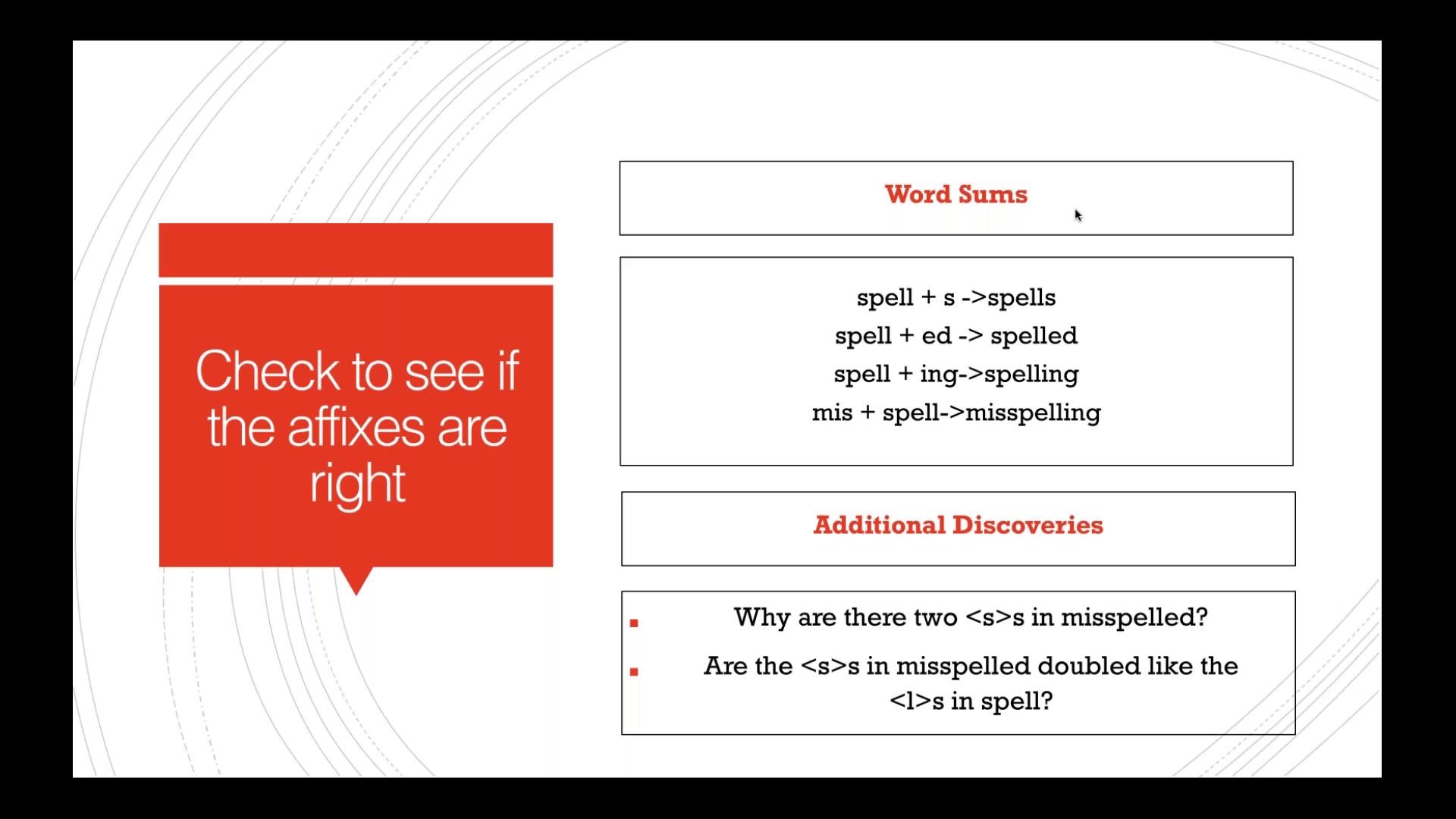
Practical Strategies for Teaching Spelling to Struggling Spellers
December 2019
Our speakers:
Kelli Sandman-Hurley, Ed.D and Tracy Block-Zaretsky.
This webinar, Practical Strategies for Teaching Spelling to Struggling Spellers will provide participants with strategies they can use immediately in their teaching to help struggling spellers understand English orthography.
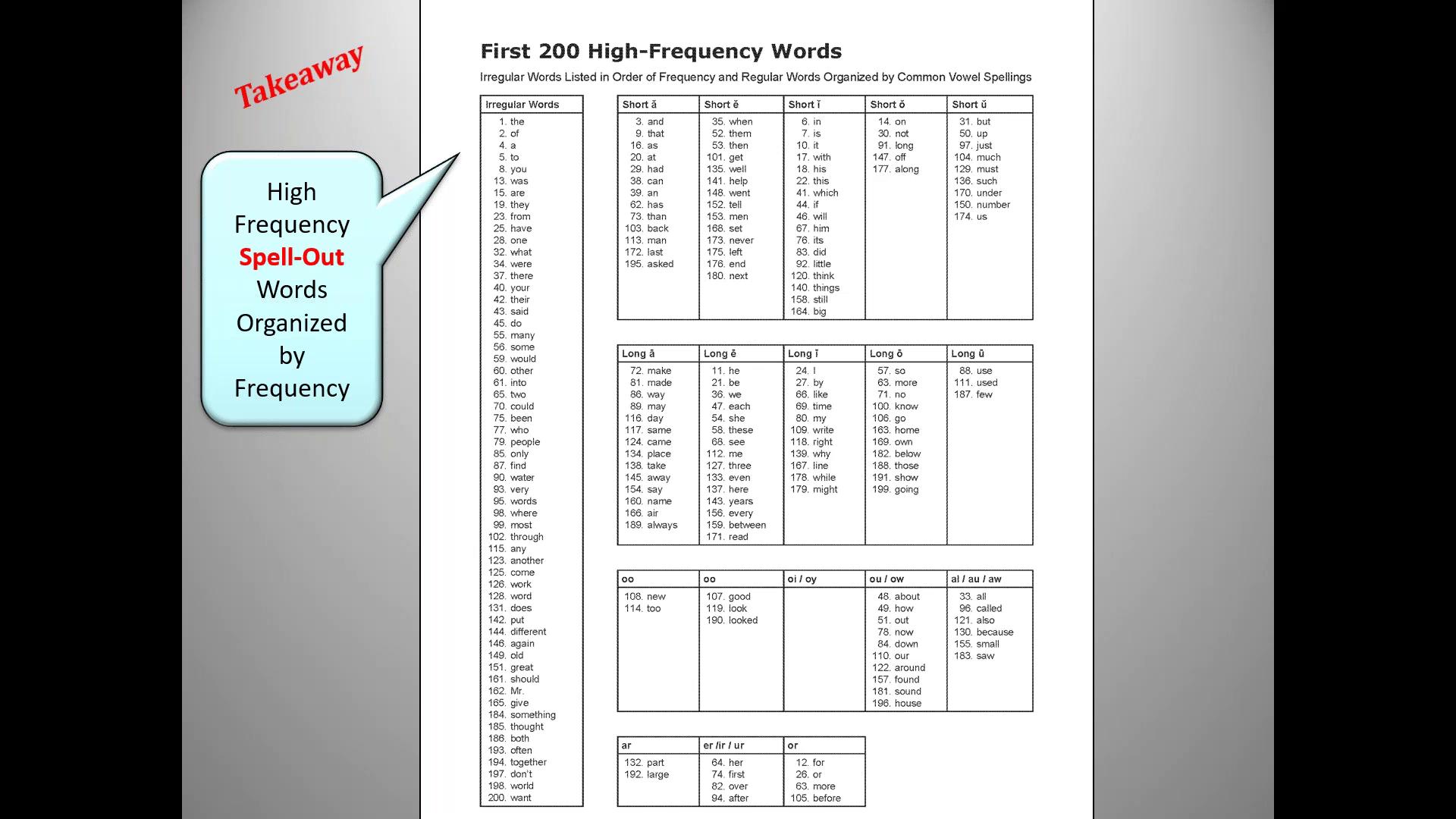
Foundational Reading Skills
Standards Tell Us What - Research Tells Us How
November 2019
Our speaker: Claire Hayes
Students must develop the foundational skills necessary to become proficient readers. Standards define what foundational reading skills students should be able to do (K-5), but standards do not tell teachers how to teach. Learn the predictors of reading success and how to implement effective, research-based strategies to accelerate reading development.
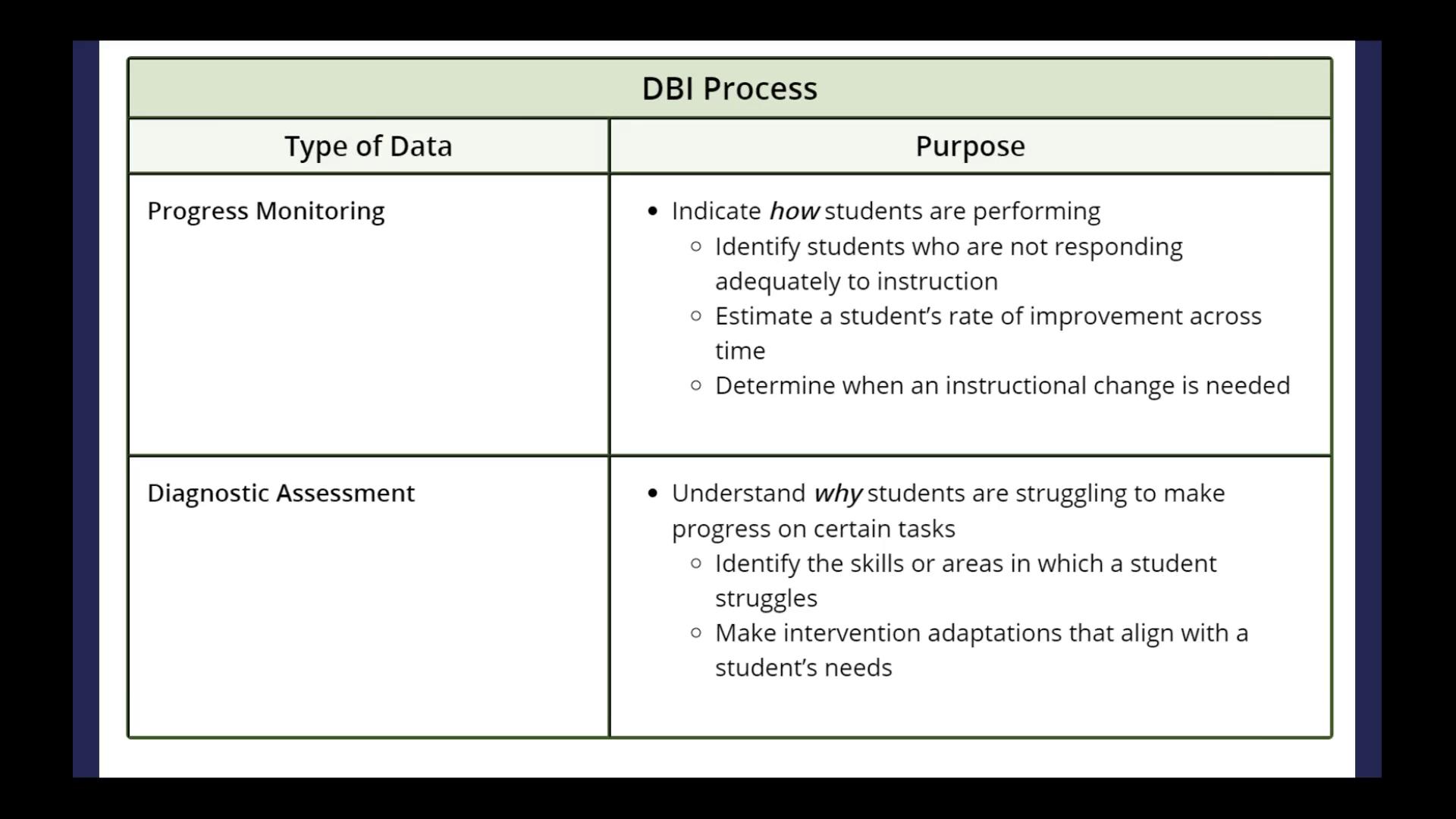
Welcome to Dyslexialand:
Population 1 in 5
October 2019
Our speaker: Cheri Rae
A case study of how dyslexia can be addressed in the public schools when the Superintendent is visionary, the staff is on-board, and the stars align for a dyslexia advocate to join in a leadership role.

Monitoring Progress of Students with Dyslexia: The Why and What?
August 2019
Our speaker: Andy Stetkevich, M.A.
This session explores some of the various reasons that students progress of students with dyslexia frequently and over time? How does a consistent progress monitoring system ensure that parents, students, and teachers are on the same page when discussing student growth in basic academic areas?"
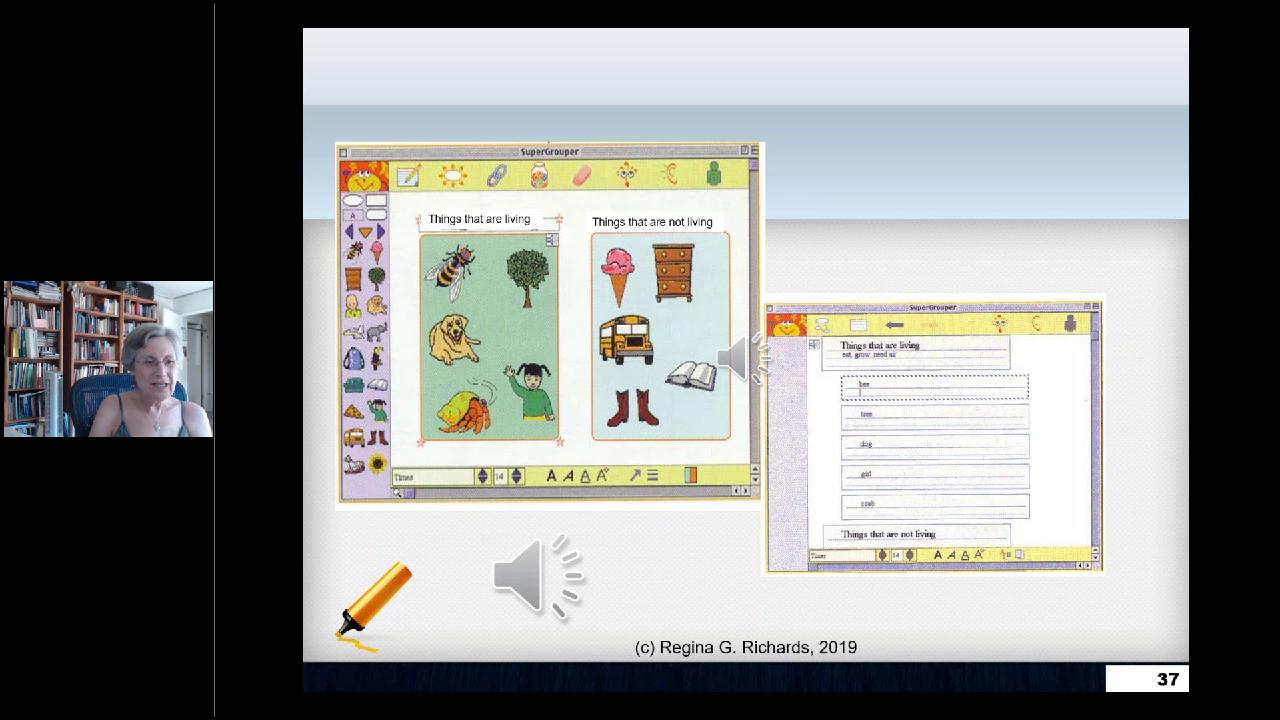
Reversing Students' Reluctance to WriteIs It Dysgraphia
July 2019
Our speaker: Regina Richards, M.A. and BCET
This session explores some of the various reasons that students develop a reluctance to express themselves in writing, including dyslexia (which is more than a reading disorder) and dysgraphia. The reasons will be explored in detail and a variety of practical strategies for reversing this reluctance will be described and clarified.
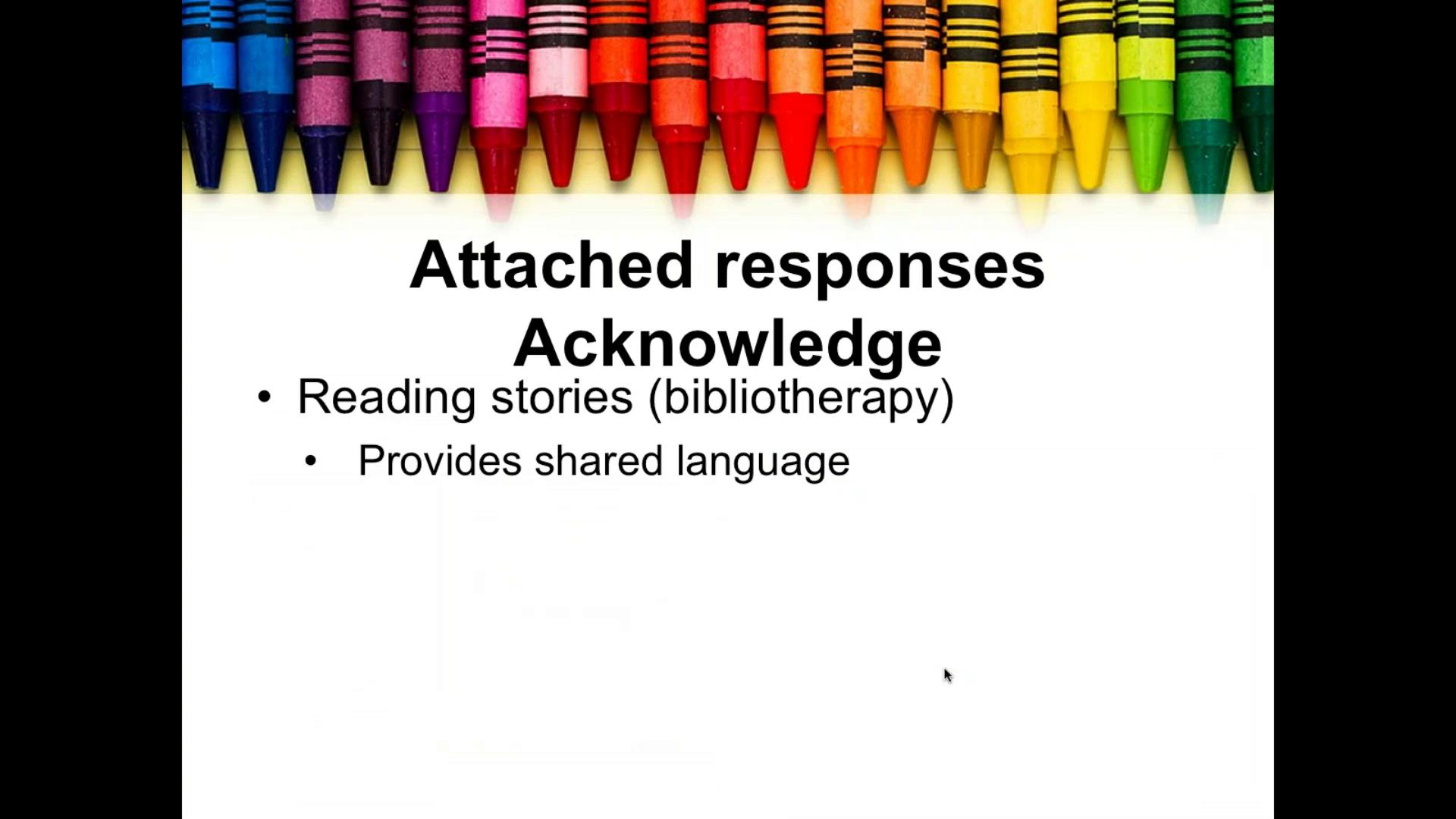
Crying KidsCan't Learn To Spell
May 2019
Our speaker: Diana Black Kennedy
In Crying kids can’t learn to spell: how to attend to the socio-emotional needs of your students and still teach everything else. We’ll discuss how to recognize if your students are too stressed or too upset to learn? Stress, sadness, shame and other negative emotions decrease the receptiveness of brains to learning. Learn about the neurobiology of stress and attachment teaching. Discover the power gained from attending to students’ socio-emotional needs.

Drawing Conclusions and Making Inferences:
Two Sides of the Same Coin
April 2019
Our speaker: Judy Fuhrman
The ability to draw conclusions and to make inferences require the same basic mental processes. This webinar discussed the skills and how you can help students to development them. We will provide fun teaching ideas that you can implement tomorrow in your classroom, clinic, or home with very little preparation.
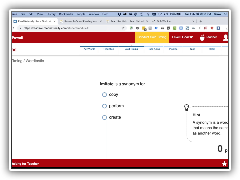
Teacher Friendly Math Apps
March 2019
Our speaker: Nancy Bley, MA, ET/P
As technology has improved, become more accessible and less expensive there are more websites and apps available for teachers to use. Until recently there have been very few good websites and apps to use for math instruction. Math websites and apps still lag behind other academic areas. Increasing math and educational research which often includes practical side that teachers face, are changing the scenery. With this increase there are now more options for mathematics teachers at all levels. By the end of the session it is hoped that participants will be familiar not only with some usable math apps and websites but also with additional apps and websites which often are described for other subjects but can be readily adapted to math instruction.

Reading For Meaning
February 2019
Our speaker: BEN WEISNER
Learn how to develop fluency, support vocabulary, and promote comprehension by combining three powerful, research-based strategies: teacher modeling, repeated reading, and progress monitoring. Learn how to meet standards and accelerate the achievement of developing and struggling readers. These effective strategies are demonstrated using Read Naturally’s web-based software program, Read Naturally Live.
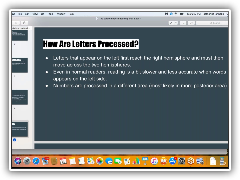
The Science of Reading
Speaker: Cathy Johnson
January 2019
This workshop, The Science Behind Reading, will highlight how the brain reads. Understanding the science behind reading will help participants understand how the brain learns to read which will glean information how to better help struggling readers. The information will be presented from top cognitive neuroscientists such as John Gabrieli from Harvard, Sally Shaywitz at Yale University and Maryanne Wolf Swho is currently at UCLA. (She is also our keynote speaker in April). Speaking is natural but reading is not. Teachers assume that all children will learn to read if exposed to print. However, this assumption is false. The common myths and misconceptions around how a child learns to read will be reviewed in order to increase the understanding that language and phonological abilities matter more than intellectual abilities.